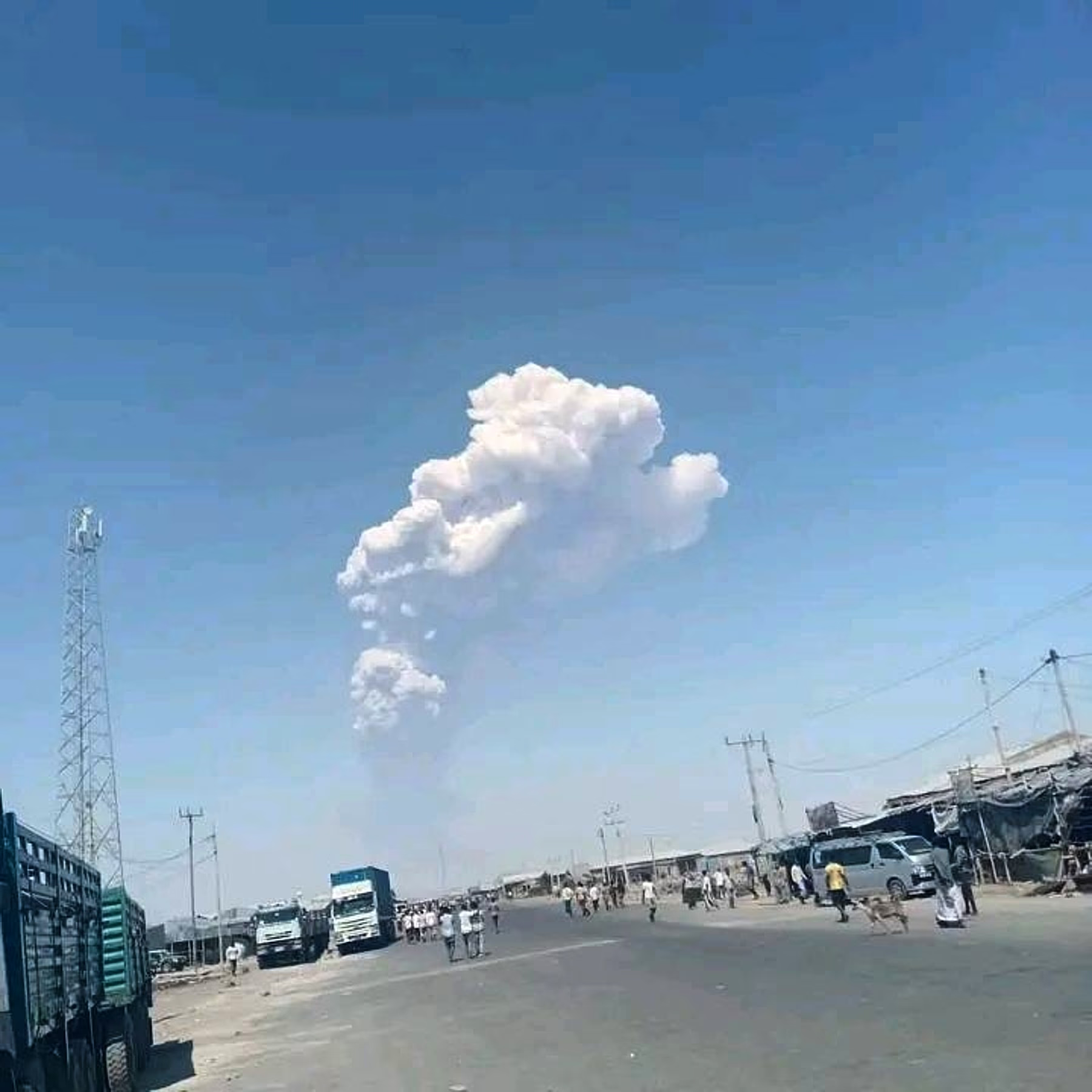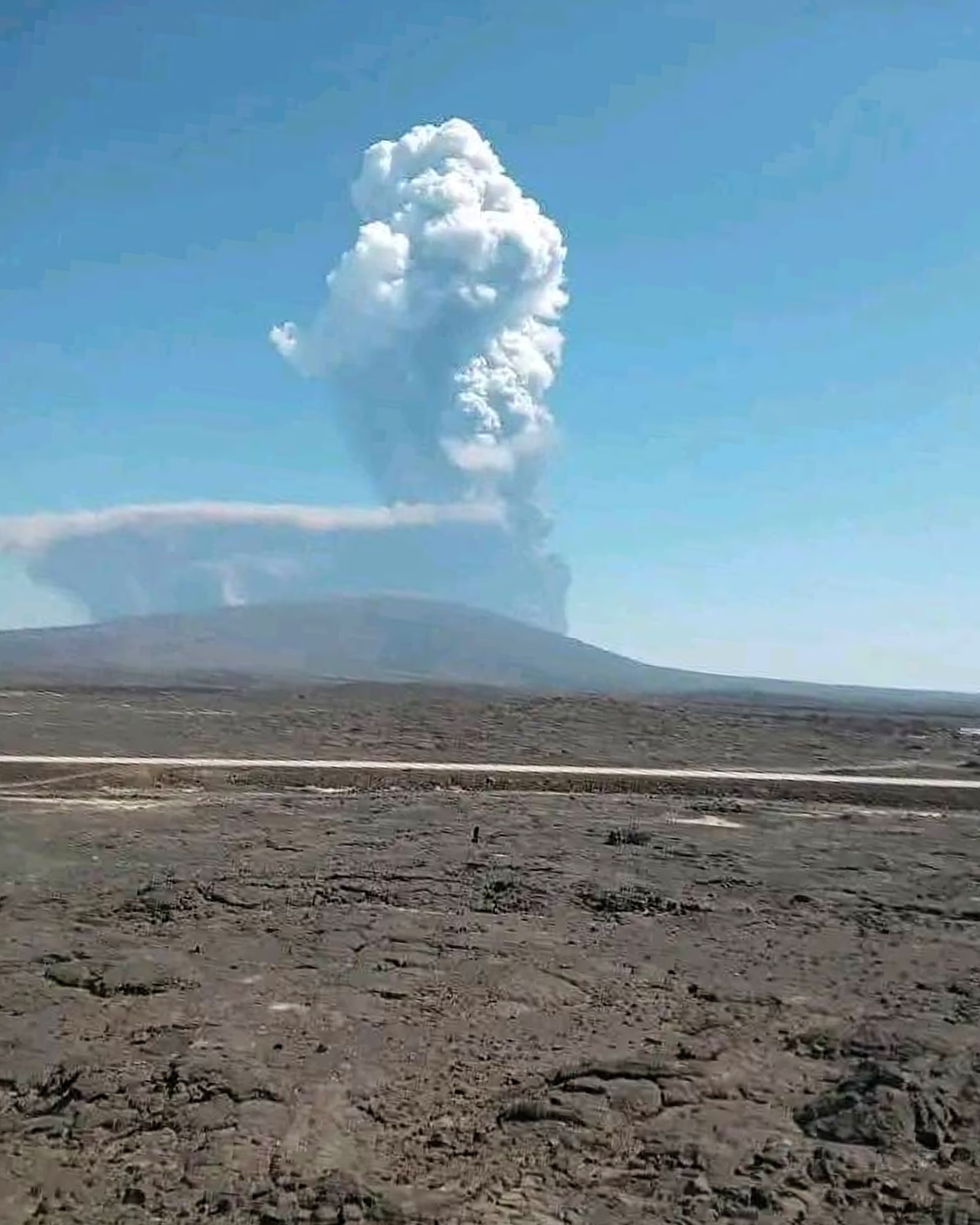An IndiGo flight from Kannur to Abu Dhabi was redirected to Ahmedabad due to a volcanic eruption in Ethiopia after 10,000 years. Scientists have recognized this event as one of the most extraordinary occurrences in the recorded history of the region. Furthermore, the volcanic eruption is predicted to spread ash clouds toward northern India.
The airline stated that the IndiGo flight 6E 1433 was diverted to Ahmedabad, where it landed safely with all passengers and crew members.
IndiGo issued a statement announcing that a special return flight will operate to bring passengers back to Kannur. The company has appealed to passengers to remain patient.
Ash Particles Could Cause Damage
Some flights have already had their routes adjusted to avoid potential damage from ash clouds. Ash particles can harm engines, so international aviation protocols are being diligently observed.
Akasa Air issued an advisory stating they are closely monitoring volcanic activity according to international aviation protocols, underscoring that passenger safety remains their utmost priority.

Source: aajtak
Volcano Erupts After 10,000 Years
On Sunday morning at 8:30 AM, explosive activity was recorded at the Haile Gebi volcano in Ethiopia's Afar region for the first time in nearly 10,000 years. The ashes from this eruption are drifting towards northern India, prompting the Indian aviation authority (DJCA) and airlines to monitor flight operations to Delhi and Jaipur from Monday evening.
In Ethiopia's Erta Ale range, the Helki Gebbi volcano expelled massive clouds of ash and sulfur dioxide into the atmosphere on Sunday morning.
Cloud Reaches Heights of 10 to 15 KM
Satellite estimates by the Toulouse Volcanic Ash Advisory Center suggest that the ash cloud rose to heights between 10 to 15 kilometers and drifted eastward across the Red Sea. Satellite assessments by the Toulouse VAAC confirmed that the ash cloud has crossed the Red Sea towards Yemen and Oman, resulting in environmental and aviation advisories being issued in these regions.

Source: aajtak
According to the Khaleej Times, Oman’s environment authority has warned of the potential impact of volcanic gases and ash. However, no increase in pollution levels has been detected at their 68 monitoring stations. Citizens can track real-time air quality on the 'Nakee' platform.




